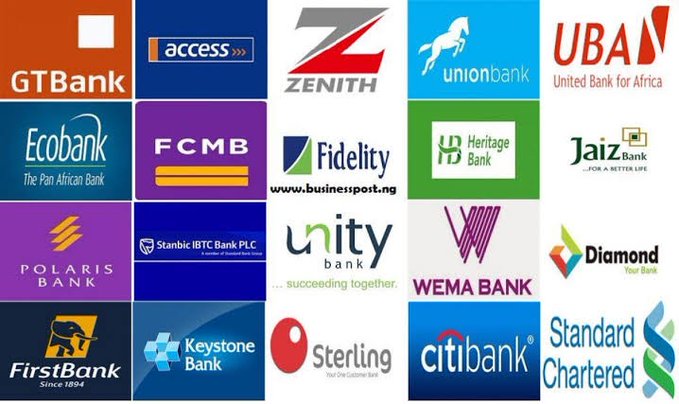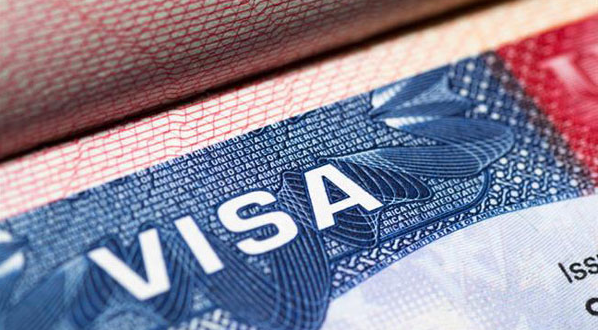In a sweeping move to bolster tax compliance and financial transparency, the Federal Government of Nigeria has announced that, beginning January 1, 2026, all commercial banks must report customer accounts with monthly transactions of ₦5 million or more to the Federal Inland Revenue Service (FIRS) and other relevant tax authorities.
The directive, embedded in Section 30 of the 2025 Tax Reform Act, applies to both inflows and outflows—meaning any account that receives or sends a combined total of ₦5 million or more in a single month will be flagged for review.
Key Highlights:
- Targeting Tax Evasion: The policy aims to identify individuals and businesses—especially in the informal sector—who may be underreporting income or evading taxes
- Boosting Revenue: Authorities hope the measure will expand Nigeria’s tax base without burdening low-income earners
- Global Alignment: The reform aligns Nigeria’s fiscal practices with international standards on financial reporting and anti-money laundering
Additional Tax Reforms:
- Personal Income Tax Exemption raised from ₦500,000 to ₦800,000 annually
- Capital Gains Tax waived on the sale of a primary residence
- Compensation Relief: Up to ₦10 million for job loss, injury, or defamation now tax-exempt
- VAT Sharing Formula Revised:
- Federal Government: 10% (down from 15%)
- State Governments: 55% (up from 50%)
- Local Governments: 35% (unchanged)
Implementation Notes:
While the policy has been praised for its potential to curb illicit financial flows, some observers have raised concerns about data privacy and the potential misuse of sensitive banking information. Experts recommend the government issue clear implementation guidelines and ensure customer rights are protected.
What You Can Do:
- Review your tax records and ensure compliance
- Consult a tax advisor if your monthly transactions approach or exceed ₦5 million
- Monitor updates from your bank regarding reporting procedures and data protections
This reform signals a renewed push for fiscal accountability and reflects Nigeria’s broader effort to modernize its financial infrastructure and close tax loopholes.





